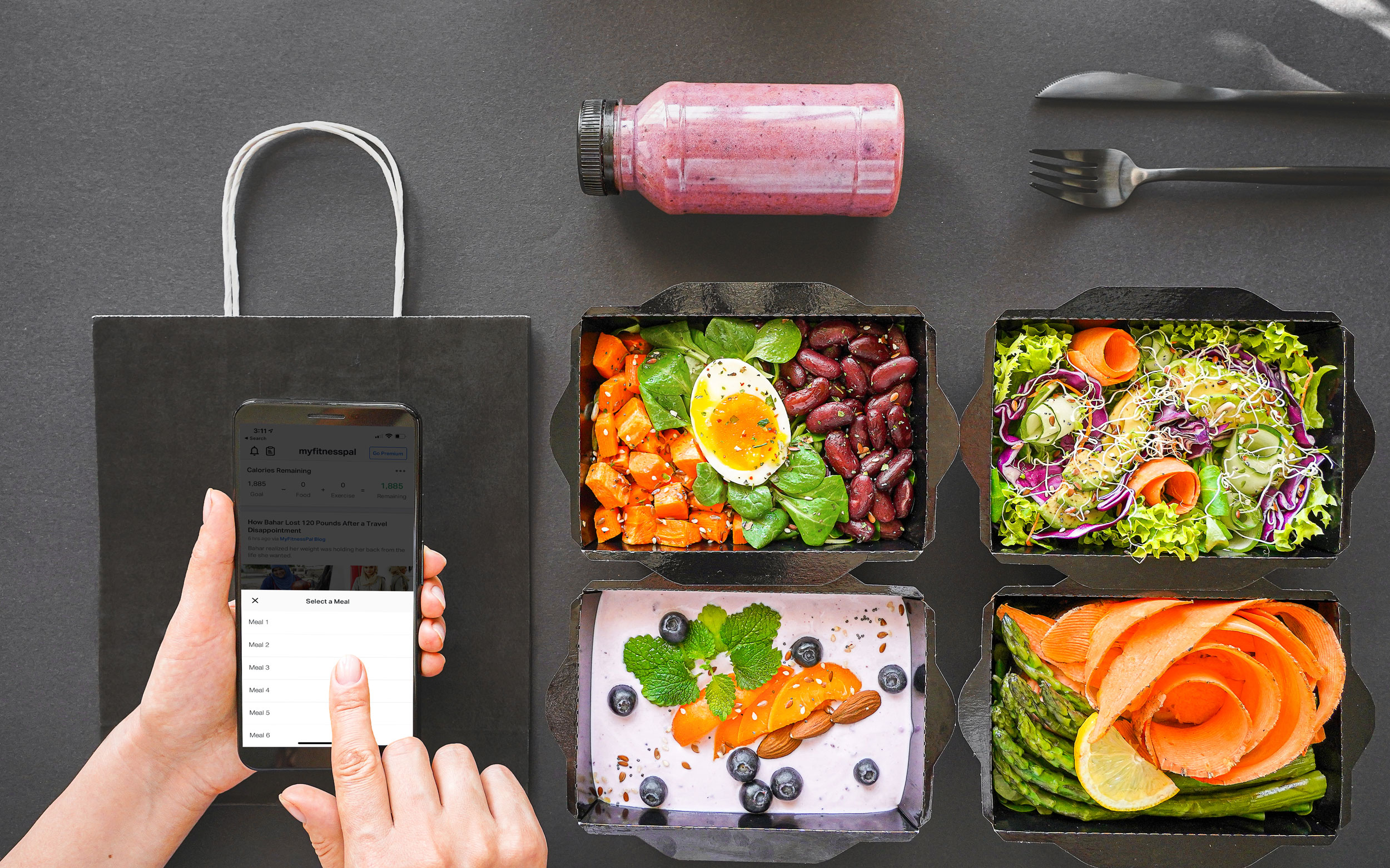I Want to Lose Weight. Should I Count My Calories?
What is a calorie?
A dietary calorie is a unit used to measure the amount of “energy” inside foods and drinks.
A calorie is a unit of energy. Historically, scientists have defined “calorie” to mean a unit of energy or heat that could come from a variety of sources, such as coal or gas. In a nutritional sense, all types of food — whether they are fats, proteins, carbohydrates or sugars — are important sources of calories, which people need to live and function.
If your goal is to lose weight, then you would need to be in a caloric deficit.
What is a calorie deficit?
Calories are the units of energy you get from foods and beverages, and when you consume fewer calories than you burn, you achieve a calorie deficit.
There are two ways to achieve a calorie deficit. The first is to eat fewer calories than it takes to maintain your current weight. Now, hold your horses because I don’t mean starve yourself. Cutting calories drastically may seem like the quickest path to weight loss, but there are plenty of good reasons why you shouldn’t cut your calories too much. You need to make sure you’re losing weight in a sustainable way and that you’re consuming the appropriate amount of fuel and nutrients for your body.
The second way is to create a calorie deficit by burning more calories than you consume. For example, if your maintenance calories are 2200 calories while you’re inactive, you could incorporate some activity. Transition from being inactive to active and burn a few extra calories by adding a brisk walk to your day.
If you’re feeling exceptionally eager and up for the challenge, the most effective way to lose weight is incorporating both methods into your program.
Not a fan of exercise or not quite ready to jump into that yet? I get it. Let’s go back to the first method, creating a calorie deficit by eating fewer calories.
How do you know you’re eating at a deficit? Well, that’s where a food journal would come in handy.
What is a food journal?
A food journal is a daily log of what you eat and drink each day. The journal helps you understand your eating habits. It can give you a clearer picture what you eat and drink throughout the day, whether you over eat or under eat. Once you know this, you can make changes to your diet to help you reach your goals. The more accurate and consistent you are in your journal, the better your outcome will be.
A study published in the American Journal of Preventive Medicine found that people who followed a consistent habit of writing a food journal six days a week lost about twice as much weight as those who kept a food diary one day a week or less. Researchers found that after following 1685 obese individuals for 6 months, food journaling led to losing an average of 13 pounds in weight. The takeaway here, keeping a consistent food diary was a powerful indicator of weight loss.
When you start keeping a food journal, you’ll notice two things. One, you will begin to realize what you eat in a day (the amount and the type of food). Second, you’ll become your own food police because you’ll be more aware of what you’re consuming. That means you may be less inclined to participate in mindless munching or emotional eating and if you do, you’ll have a better idea of the nutritional value of the foods you’re binging on. These are the two key benefits of food journaling, but there are others.
Additional benefits of keeping a food diary:
- Sustainable weight loss.
- Making better nutrition choices.
- Helps identify areas of improvement or change.
- Identify triggers that cause overeating.
- A better understanding of what types of food help with your energy levels.
- Help identify foods that cause allergies or any gut issues.
Have I sold you on the benefits of keeping track of your food? Great!

How to get started with a food journal?
A basic food journal should include three things – what, how, and amount.
What did you eat? The name of the food or drink. Yes, drinks count.
How was it prepared? Was it fried, baked, fresh, etc.?
Amount you ate — The most accurate way to determine amount is buy purchasing a food scale and weighing the food. If it is a packaged food, you may be able to get this information from the label. If it is a portion of homemade food, you can calculate the nutritional value from the recipe/ingredients.
It’s best to make note of these values soon after you eat because trying to remember what you ate at the end of the night may lead to inaccuracies.
The simplest way to ensure you’re recording your foods is to download one of the many smartphone apps made for this purpose. My personal fave and the app I use? MyFitnessPal.
Keep in mind, the best way to succeed is by keeping honest. You won’t gain anything by cheating to look good. Share your food diary with your personal trainer, doctor, nutritionist, etc. He or she can review it and help you make a plan for a healthier lifestyle, if needed. It is best to keep track of a complete food diary for at least 3 to 4 days (ideally a week) to bring for review.
There may be times that you may slip up; you may even feel a sense of hopelessness because a change of habits can be daunting. Don’t worry, these feelings are NORMAL. Just don’t let negative thoughts overpower you. Acknowledge slip-ups and get back to business. So you went bananas during that party this weekend. Don’t beat yourself up. What matters is your continual effort. Things will eventually become easier, so keep it up. You will be thankful that you started it.
Good luck on your journey to a healthier you!

COMMENTS